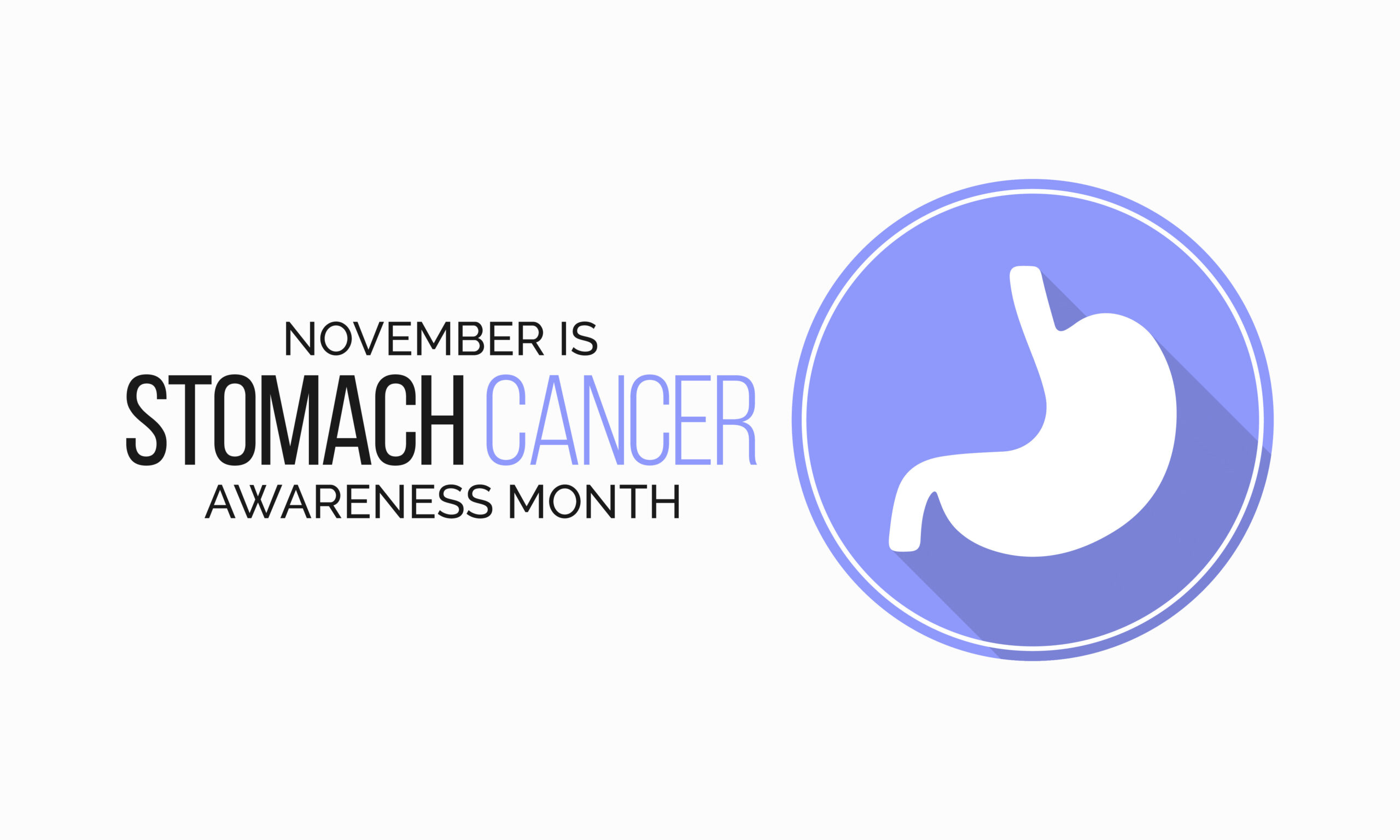I am Dr. Monique May, Board-certified Family Physician and Founder of Physician in the Kitchen™. Through my best-selling book, MealMasters: Your Simple Guide to Modern Day Meal Planning, and NEW cookbook, Doc Fix My Plate! The Physician In The Kitchen’s Prescriptions For Your Healthy Meal Makeover, and online cooking classes, I help busy households enjoy healthy eating without impacting their hectic schedules.
This is Part 2 of my 3-part series featuring three health highlights for the month of November. November is:
- American Diabetes Month
- National Stomach Cancer Awareness Month
- Pancreatic Cancer Awareness Month
In Part 1 I discussed the risk factors, symptoms, and prevention of diabetes. and in Part 3 I will discuss pancreatic cancer.
About 27,000 Americans will be diagnosed with stomach cancer this year and unfortunately, about 11,000 will die from it. Like all cancers, stomach cancer is the result of abnormal cell growth in the stomach. It can occur near where the esophagus (food tube) enters the stomach or in the main part of the stomach where your food is held before it is digested.
Risk factors for stomach cancer are:
- Being male over age 50
- Family history
- African-American, Asian, Hispanic, or Native American
- Smoking
- Eating a lot of grilled or charred food
- Infection with Helicobacter pylori (H pylori for short)
- Gastroesophageal reflux disease (GERD) or heartburn
Symptoms of stomach cancer are:
- Pain in your upper belly
- Nausea or vomiting
- Weight loss
- Heartburn
- Early satiety (getting full after eating just a small amount of food, and not wanting to eat as much as you normally do)
- Difficulty swallowing
Prevention tips:
- Stop smoking
- Lose weight
- If you are overweight or obese and you are not exercising, then start. Go to the doctor, get checked out, and make sure that the type of activity you want to engage in is safe for you to do. Just start somewhere, and get moving. Try to get some form of physical activity most days out of the week.
- Eat more fruits, vegetables, and whole grains
- Avoid grilled or charred meats
- Take prescribed medications if you are diagnosed with H. pylori
- If you have a family history of stomach cancer or have had severe heartburn for several years, talk to your doctor about getting an EGD, which is a scope test that lets your doctor take an internal look at your esophagus and stomach.
Your body is the finest piece of engineering in the world, so give it the best fuel in order for it to reach its peak performance. Think about your car: if you constantly put lower octane fuel in the gas tank than is recommended (for example, 87 instead of 93), it can cause some serious internal damage, just like your body. Your car will be sluggish and under-perform, just like your body! I encourage you to treat your body at least as well, if not better than, your car and fill your tank with the best options available to you. Remember, #healthiswealth, so #investoneplateatatime.
Be sure to check back next week for Part 3 (pancreatic cancer). Click here to read Part 1 (diabetes).
See You In The Kitchen!!

For more information, be sure to visit me at DrMoniqueMay.com, and join the #MealMastersCommunity at www.Facebook.com/groups/mealmasters today.
Follow me on Instagram at https://www.instagram.com/drmoniquemay and https://www.instagram.com/physicianinthekitchen/ and Facebook at https://www.facebook.com/DrMoniqueMay and https://www.facebook.com/physicianinthekitchen.


